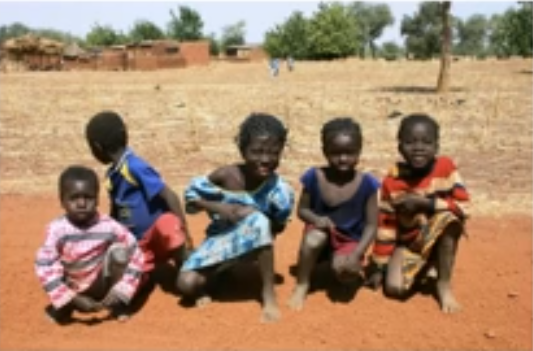On Tuesday 15th March, members of the Decolonising Geography group were invited to give a set of short talks for a East London Geography Hub webinar. The webinar was recorded, and we have kindly been given permission to upload and share links to those recordings here.
Louise, who manages the Anti-racist Geography Curriculum Twitter account gave a running summary of the talks which have been used to create the overview below. You can see the original Twitter thread here.
Practical ideas to decolonise the curriculum
Below is a summary of the East London Geography Hub session featuring practical tips by Nona Anderson, Hina Robinson and Rachael Robinson demonstrating practical ways in which geography teachers can start their decolonisation process now.
One way is to join a network of like-minded teachers. Nona introduced the Decolonising Geography teacher network.
There are several ways to get involved:
- Join the (very active) Whatsapp group (contact us for details)
- Read the posts on the Decolonising Geography website
- Volunteer to write a blog or share resources
Hina highlighted the difference between decolonising and diversifying the curriculum. Both are important - but they should not be confused. Diversity is defined as:
Recognising and respecting differences and creating an all-inclusive atmosphere
Decolonising (in part) is taking this further to recognise the ways in which how knowledge is presented in the classroom.
Hina highlighted how it is important to know your student context but not to make assumptions about them, including how much they know about their family’s migration stories. Decolonising can begin in the classroom immediately by modelling to students how to critique existing resources. Hina showed some examples, such as explaining how she led her students to critique the assumptions made in a table of reasons for rural to urban migration and this image below.

Rachael provided some further ideas, such as how to contextualise broad, lazy statements in the textbook by pairing them with news articles.
Rachael focused on deeper change, and shared some questions to ask when reviewing your curriculum, based on an article in The Conversation. She then demonstrated how the synoptic themes taught at A-Level can and should be contextualised e.g. globalisation is not a new phenomenon, and nor should it be taught as such. A top-tip: Collaborate with the History Department to find the best ways to add context for the topics you teach.
Decolonising the curriculum is not something that should be considered exclusively in schools with diverse contexts. No matter our school context, we all need to ensure that drivers of identity, inequality and interdependence are not erased in our geography curricula.
Thanks to Denise Freeman and the East London Geography Hub for hosting us. Do check out the hub's Twitter profile at https://twitter.com/EastGeography.

